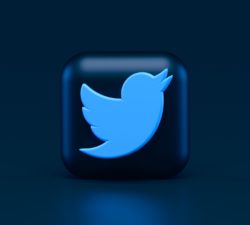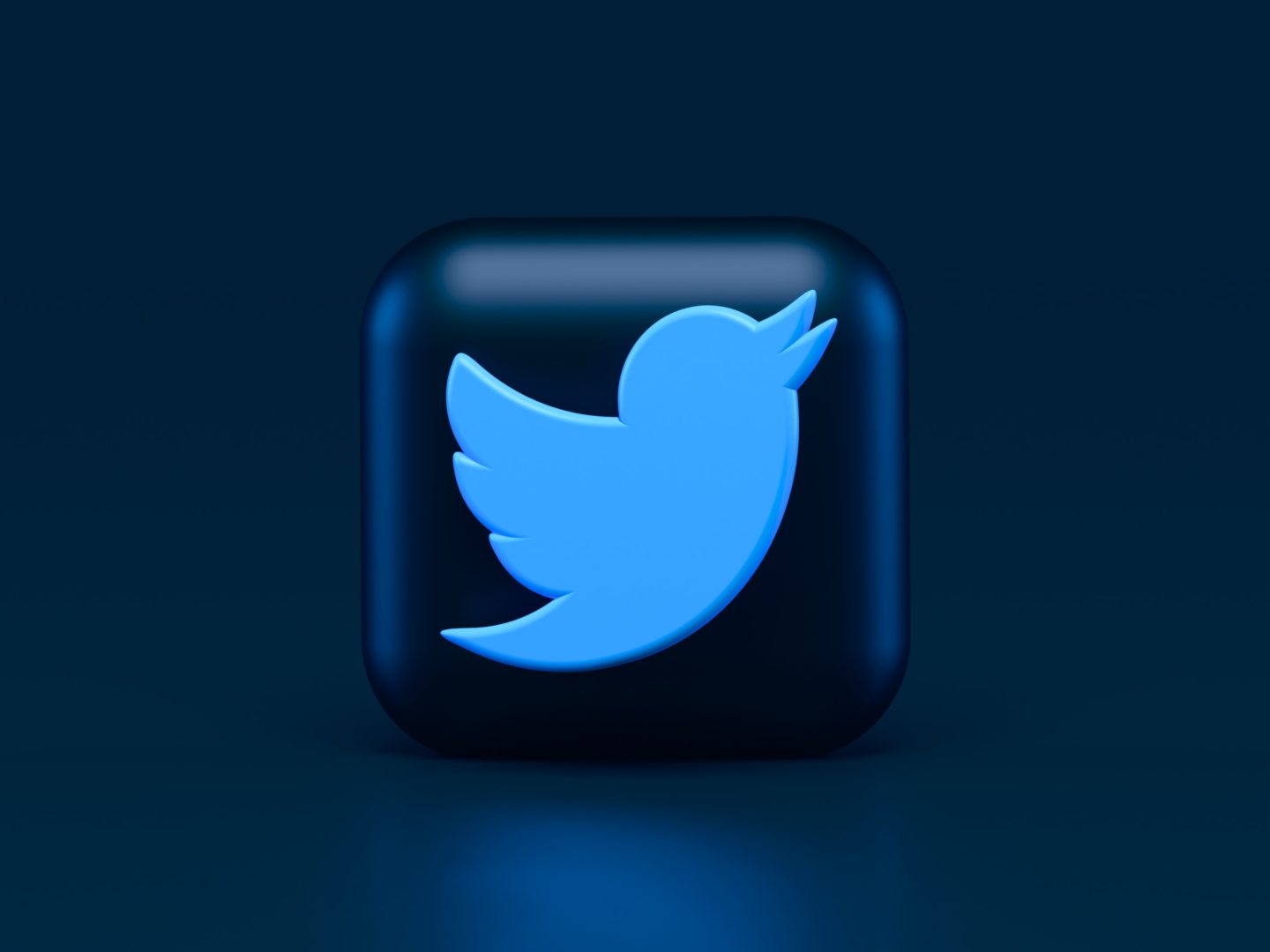Traditionally, the corporate world has been divided between privately held businesses and publicly traded corporations. Within this, family businesses tend to start small, gain funding, expand and then either become a large privately held business – such as Lego – or a publicly traded corporation, like Roche. A second phase of life then sometimes sees publicly listed companies leaving stock exchanges either because managers (MBOs) or private equity firms (LBOs) buy them out.
This is how the lifecycle of companies can see them morph from private to public, and vice versa. Salient examples are Europcar, which went public in 2015, and the Dutch bank NIBC, which was acquired by Blackstone in 2020. In the case of family businesses, the outcome is often a public firm with family control, as in luxury conglomerate LVMH or Luxembourgian multinational steel manufacturing firm Arcelor Mittal.
The public-to-private trajectory has become a path much more trodden in the last…


